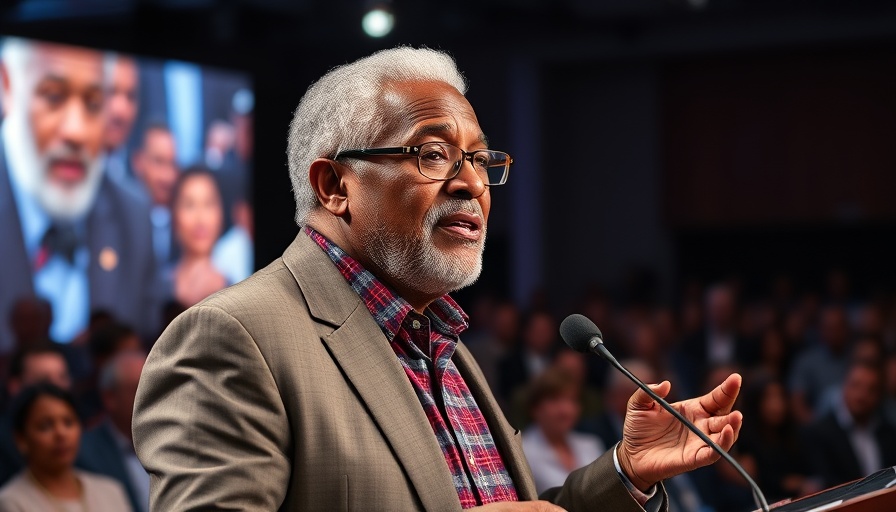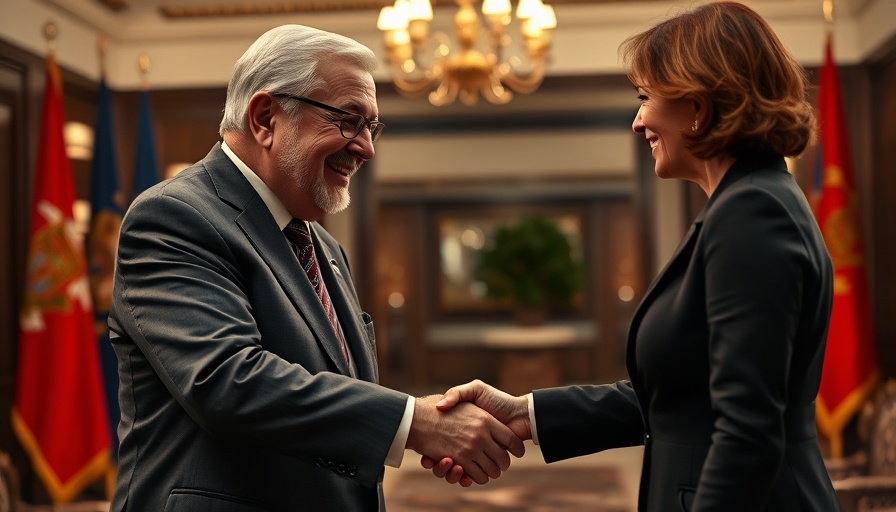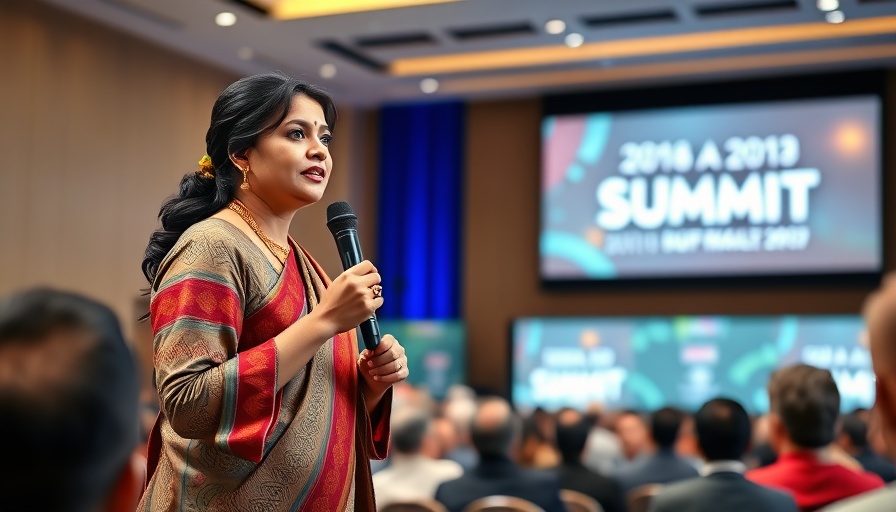
Understanding Africa's Struggle Against Foreign Interference
In a powerful address during the Liberation Movements Summit in Ekurhuleni, ANC President Cyril Ramaphosa shed light on a pervasive issue affecting African nations: foreign interference. With external actors targeting the sovereignty, independence, and progress of developing economies, the stakes are high for Africa's future. This interference often masquerades as support but rather serves the interests of foreign powers, complicating the continent's journey towards self-sufficiency and sustainable development.
The Battle Against Neo-Colonial Influence
Ramaphosa emphasized the alarming trend of “transactional diplomacy,” where foreign nations leverage Africa’s legitimate grievances against their governments as a means of manipulating political landscapes. This modern form of neo-colonialism undermines local governance and stifles progressive policies necessary for the continent's growth. For instance, as external funding continues to flow into numerous African states, it often comes with strings attached, pushing certain agendas that may not align with the sociopolitical realities or aspirations of the people.
Contextualizing the Current Political Climate
The comments from Ramaphosa come amidst a tumultuous political backdrop in South Africa, where the ruling African National Congress (ANC) faces criticism and an identity crisis ahead of the crucial 2024 general elections. Opposition parties like the Democratic Alliance (DA) and the Economic Freedom Fighters (EFF) leverage narratives of corruption and governance failures to challenge the ANC’s legitimacy. The interplay between internal political dynamics and external pressures reflects a broader trend seen across the continent, where the quest for sovereignty clashes with global economic realities.
Historical Perspectives on Foreign Influence
Historically, African countries have contended with foreign intervention which has often disrupted internal stability. From colonial times to contemporary globalization trends, Africa's ability to assert its independence has been consistently challenged. Awareness of these historical injustices is vital in understanding the current political landscape as Ramaphosa advocates for “urgent, substantial, and sustainable solutions” to Africa’s myriad challenges.
Vision for a Self-Sustaining Africa
Looking forward, Ramaphosa’s vision of an independent Africa relies heavily on economic transformation and the end of dependency on foreign aid. He implores African nations to harness their resources, trade amongst themselves, and boost industrial growth. This ambition aligns with the spirit of African unity as championed by the African Union, illustrating the critical need for collective strategies that prioritize internal development rather than foreign intervention.
The Role of African Unity and Solidarity
At the heart of Ramaphosa’s address lies a rallying call for African unity. The solidarity of African nations against foreign manipulation is crucial for achieving true autonomy. This calls for strengthened collaborations within frameworks like the African Union and initiatives like the African Continental Free Trade Area (AfCFTA) which aims to bolster economic ties among African states.
Call to Action: Engage in the African Dialogue
As African citizens, academics, and professionals, it is essential to engage in the dialogue surrounding sovereignty, economic independence, and the realities of foreign influence. Understanding these dynamics enables individuals to contribute to meaningful discussions and actions that push for a united and self-reliant Africa.
 Add Row
Add Row  Add
Add 




Write A Comment